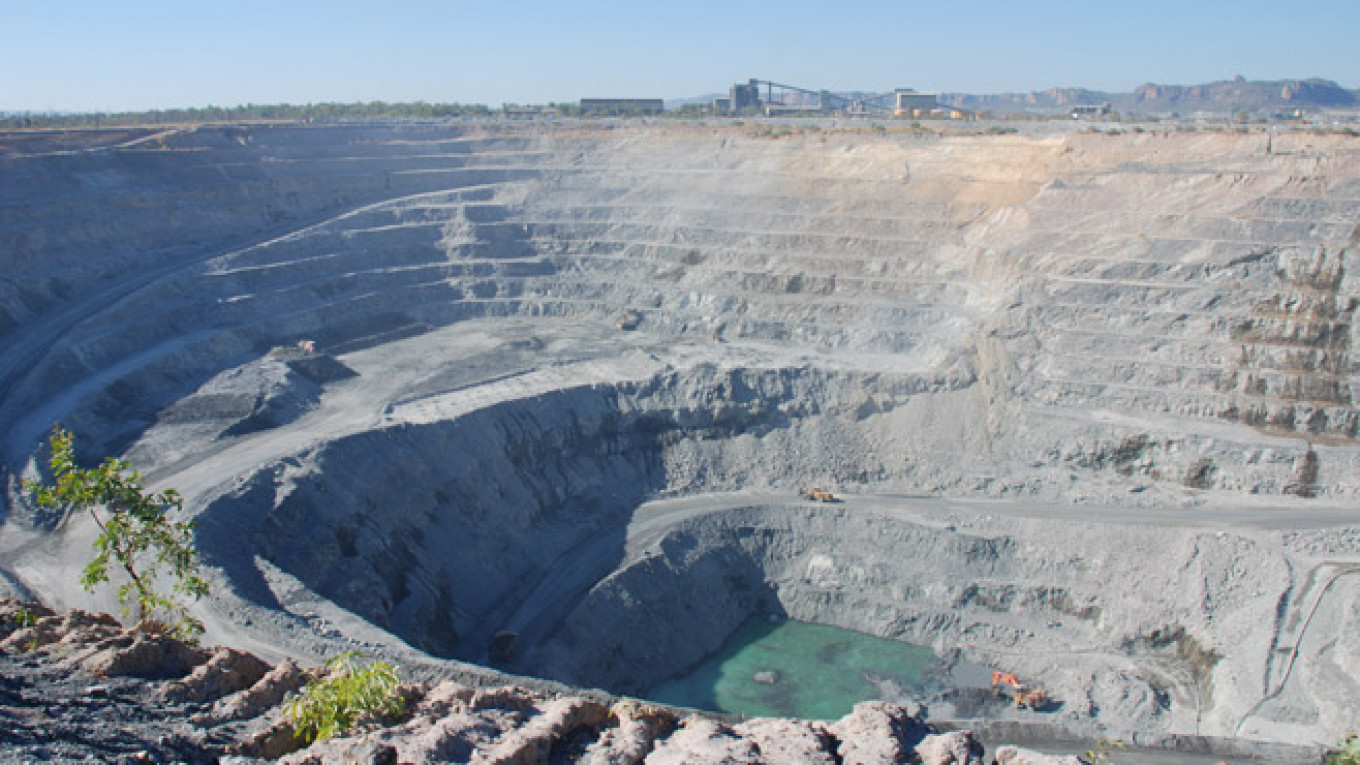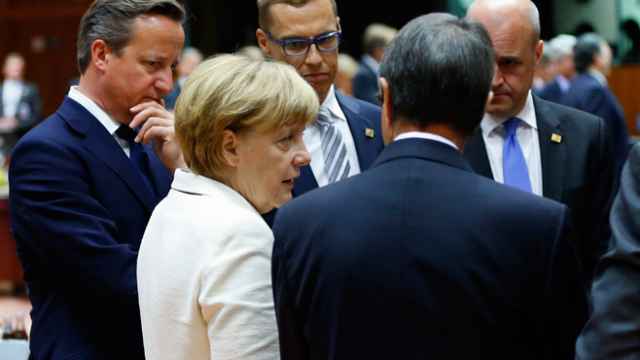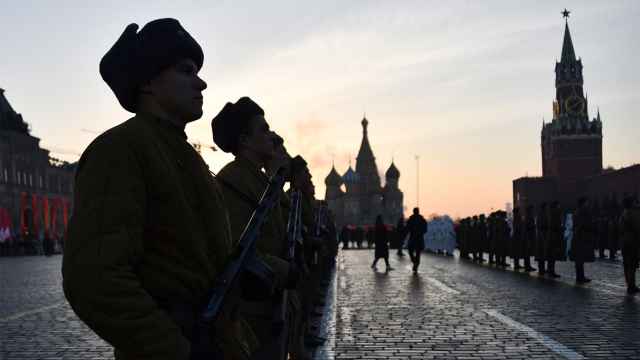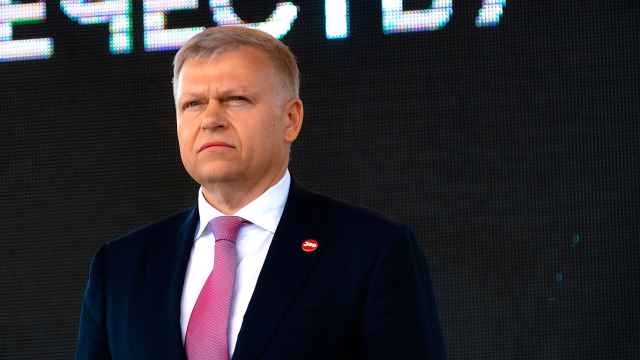Australia, the most uranium-rich nation in the world, said Wednesday that it would ban exports of the material to Russia because of that country's actions in Ukraine.
But although Russia is a huge uranium user, the sanction is unlikely to have any negative impact, as Russia more than satisfies its demand for the nuclear fuel with production at home and in neighboring Kazakhstan.
"There will be no uranium sales to Russia until further notice, and Australia has no intention of selling uranium to a country which is so obviously in breach of international law as Russia currently is," Australian Prime Minister Tony Abbott told his federal parliament, Reuters reported.
Wednesday's ban follows Canberra's decision to slap fresh sanctions on Moscow on Monday, when Abbot said Russia's actions in Ukraine, where Moscow is accused of assisting separatist militias fighting the government in Kiev, amounted to "bullying."
But it remains unclear whether the ban is more than symbolic, at least in the short term. Australia and Russia signed a bilateral agreement in 2007 on uranium exports, but since then only a small trial shipment of less than 100 tons — worth about $7 million at current prices — has been shipped to Russia.
Russia domestically produced more than 3,100 tons of uranium last year, satisfying about half of the demand of state nuclear power firm Rosatom, according to a report by the company's uranium mining division ARMZ.
Add that figure to the amount of uranium produced in Kazakhstan last year by ARMZ subsidiary Uranium One, which is in charge of the company's foreign operations, and a total of more than 8,000 tons was available to Russia, giving the country a surplus of supply.
Russia also has large stockpiles of military uranium that is already processed and could be used for civil purposes. Russia has about 720 tons of highly enriched uranium in weapons and other military stockpiles — equivalent to three times the annual production of uranium at all the world's working mines combined, according to the World Nuclear Association.
These stockpiles aside, Australia's ban would only be a problem if uranium supplies in Kazakhstan were rapidly depleting, but Russia's ex-Soviet neighbor had more than 600,000 tons of recoverable uranium as of 2011, according to the World Nuclear Association. Kazakhstan is currently the world's largest uranium producer, accounting for 38 percent of global output, followed by Canada with 16 percent. Australia accounts for 11 percent, despite having the world's largest proven uranium reserves, the association's figures indicate.
But Canberra's measures do put a question mark over the status of Russia's uranium mining assets in Australia.
Uranium One owns a 100 percent stake in Australia's fourth-largest uranium mine, Honeymoon, in South Wales, but operations there were stopped following a drop in prices for uranium last year because production was viewed as being too expensive and the uranium ore was not considered rich enough.
If Australia's ban persists, however, it could become problematic for Russia in the longer term. According to Russia's energy strategy through 2030, the country will expand construction of nuclear power plants both at home and abroad, where Russia often supplies fuel to facilities long after they are built.
The strategy also envisages an increase in the export of uranium-based fuel by the Russian nuclear sector. To support this, the strategy aims to double uranium production by 2022, both within the country and in "perspective uranium regions abroad." Australia, with its wealth of uranium, would likely be one of those.
Contact the author at a.panin@imedia.ru






